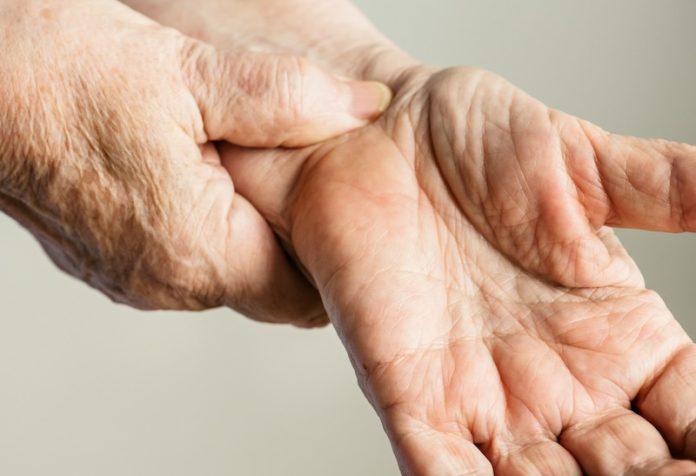
Chronic pain is a common challenge for many older adults. Unlike acute pain, which usually goes away after an injury heals, chronic pain lasts for weeks, months, or even years.
Conditions like arthritis, back problems, and nerve damage are frequent causes, and the impact on daily life can be significant, affecting sleep, mood, and the ability to stay active.
The good news is that effective strategies exist to help manage chronic pain, and recent research provides valuable insights for older adults.
One key approach to managing chronic pain is staying active. While it might seem counterintuitive, movement is one of the most effective ways to reduce pain and improve function.
Studies have shown that regular physical activity can decrease stiffness, boost circulation, and release natural painkillers in the body called endorphins. Low-impact exercises like walking, swimming, or yoga are particularly beneficial for people with joint or muscle pain.
Research also suggests that strength training can help, as stronger muscles take pressure off joints and improve overall mobility.
Another important strategy is maintaining a healthy weight. Carrying extra weight puts added strain on joints, particularly the knees, hips, and lower back, which are common sources of pain.
A study published in a medical journal found that losing even a small amount of weight can significantly reduce pain levels and improve quality of life for people with conditions like osteoarthritis.
Medications can also play a role in managing chronic pain, but they should be used with caution. Over-the-counter pain relievers like acetaminophen or ibuprofen can be helpful for short-term relief, but long-term use may cause side effects, especially in older adults.
For example, nonsteroidal anti-inflammatory drugs (NSAIDs) can irritate the stomach and increase the risk of heart problems.
Prescription medications, such as opioids, may be necessary for severe pain, but they carry risks of dependency and other side effects. Doctors increasingly recommend combining medications with other treatments to minimize risks.
Physical therapy is another proven method for managing chronic pain. A trained therapist can teach exercises and techniques tailored to your specific needs, helping to reduce pain and improve strength and flexibility.
Research has shown that people who participate in physical therapy often experience better long-term outcomes than those who rely solely on medication.
Mind-body techniques like meditation, deep breathing, and mindfulness can also help manage pain. Chronic pain often involves both physical and emotional components, and stress can make pain worse.
Studies have found that practices like mindfulness meditation can reduce the perception of pain and improve coping skills. Cognitive-behavioral therapy (CBT), a form of talk therapy, has also been shown to be effective by helping people reframe negative thoughts about their pain and develop healthier coping strategies.
In recent years, alternative treatments like acupuncture and massage therapy have gained attention for their potential to relieve pain.
Acupuncture, an ancient Chinese practice involving the insertion of thin needles into specific points on the body, has been shown in research to help with conditions like back pain and arthritis. Massage therapy can also relax tense muscles and improve circulation, offering temporary relief for many people.
Finally, a strong support system can make a big difference in managing chronic pain. Isolation and loneliness often worsen the experience of pain, while connection with others can provide emotional support and practical help.
Joining a support group or participating in community activities can improve mood and make pain more manageable.
Chronic pain doesn’t have to control your life. By combining physical activity, weight management, medication when needed, and supportive therapies, you can reduce pain and improve your quality of life.
Talk to your doctor about creating a personalized pain management plan that works for you, and remember that small steps can lead to big improvements over time. With the right approach, it’s possible to live well despite chronic pain.
If you care about pain, please read studies about vitamin K deficiency linked to hip fractures in old people, and these vitamins could help reduce bone fracture risk.
For more information about wellness, please see recent studies that Krill oil could improve muscle health in older people, and eating yogurt linked to lower frailty in older people.
Copyright © 2025 Knowridge Science Report. All rights reserved.



